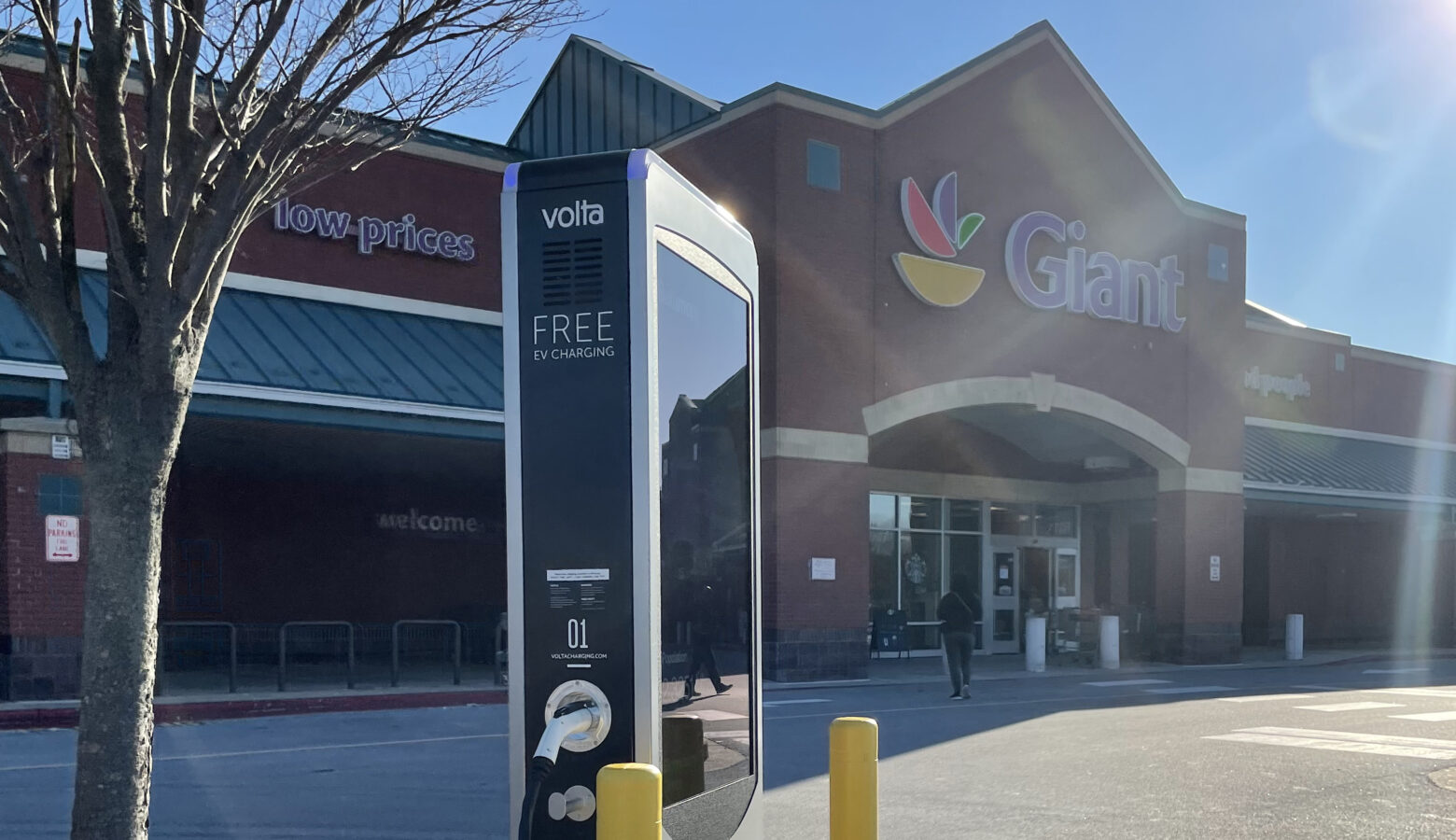Businesses can’t afford electric vehicle chargers – that could threaten Indiana EV adoption

Indiana has drafted plans for where to place electric vehicle chargers in the state as part of a federal program to create a nationwide charging network.
But a coalition of gas stations and other retailers said we won’t have enough fast chargers to make the transition to EVs without the help of private businesses — and right now many can’t afford fast-chargers.
The Charge Ahead Partnership said when funding for the federal program runs out, businesses like gas stations and other retail stores may not be able to afford paying up to $200,000 per charger — including equipment and installation.
Doug Kantor with the National Association Of Convenience Stores said DC fast chargers also require a lot of energy and utilities can add fees for high demand.
“Just one EV driver charging up at one of these fast chargers can add hundreds and hundreds of dollars to the monthly electricity bill of that retail outlet,” he said.
Unlike Indiana utilities, private businesses can’t recover the cost of public charging stations from ratepayers.
READ MORE: INDOT drafts plan for electric vehicle charging stations, alliance raises equity concerns
Join the conversation and sign up for the Indiana Two-Way. Text “Indiana” to 73224. Your comments and questions in response to our weekly text help us find the answers you need on statewide issues, including this series on climate change and solutions.
Scott Manning with the Indiana Department of Transportation said businesses don’t have to go it alone. Through Indiana’s plan for the federal funding, they can enter into agreements with utilities or even local governments.
“We have tried to — I think try to be a sort of agnostic and be as open and flexible as we can to allow the market to identify partnerships that make sense,” Manning said.
But it’s unclear how equitable such partnerships would be, said Scot Imus, Indiana Food and Fuel Association executive director.
“Utilities may want to use some land on a convenience store at one of my retailers without sharing any of the profit that would come from that land. I’m not sure how many of our members would be willing to participate in that arrangement,” he said.
Indiana utilities are heading up another program to install EV chargers in the state through a settlement with Volkswagen for air quality violations.
Specific locations for chargers in that program and the federal National Electric Vehicle Infrastructure (NEVI) program haven’t been chosen yet.
The Charge Ahead Partnership said gas stations and convenience stores are already located near major highways and have amenities drivers will need — like restrooms and snacks.
But Manning said EV drivers will also have to spend at least 20 minutes to charge rather than the 5-10 minutes it takes to fill up a gas tank — so they might have slightly different needs.
“So those locations that can offer a place to grab a quick bite to eat or maybe do some shopping or give folks an opportunity to stretch their legs and engage in some activities to pass the time while they’re waiting for a vehicle to recharge. You know, there’s certainly some value there,” he said.
Manning said other places along major roadways like restaurants and hotels could also be a good fit.
Contact reporter Rebecca at rthiele@iu.edu or follow her on Twitter at @beckythiele.

